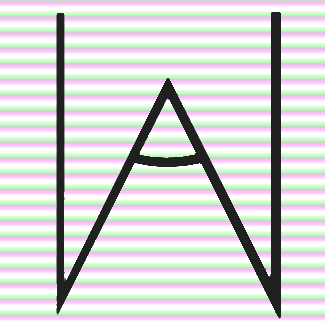Open Source's role in Web3
- We are meta

- Jun 30, 2022
- 2 min read

So what does open source mean? It essentially refers to software where the original source code is freely available and may be inspected, distributed, modified, and enhanced, and can be shared because its design is publicly accessible. This gives the programmers of open source a lot more control and flexibility over the software, as they can modify parts of the code. It also benefits users as they have freedom over how they use the software and are not restricted by how someone else thinks they should use it. Open source is also considered to be more secure, as there are far more eyes monitoring the code, and therefore more likely to spot bugs or errors.
So why is this so interesting? Unlike previous versions of the web, Web 3 is almost entirely open-source, compared with the current hybrid web of both closed and open-source platforms. This means that no single company or development team controls the future or the code that powers it, and therefore there is less centralised power dictating how we use software and the web more generally. Projects can be created, copied, and forked by anybody with the motivation to get involved, driving rapid innovation and allowing increased trust.

Web 3 will reward contributors to open-source technology so we can all benefit.
What makes this even more powerful than previous guises of open-source that already power much of the world, is that contributors to open-source projects can now be paid for their time and energy directly via crypto finance which overcomes one of the largest obstacles for people to contribute to open-source in the long run. This motivation should drive more community engagement and more innovation, which can only be beneficial.




Comments